Blake Boles is the founder and director of Unschool Adventures and the author of The Art of Self-Directed Learning, Better Than College, and College Without High School, along with hosting the Off-Trail Learning Podcast. Blake joins Lisa to discuss his foray into the world of alternative schooling, and why he sees it has a very viable option in modern-day education. He discusses resources in the field that have inspired and motivated him, the myths of self-directed learning, and ways we can adventure no matter what the circumstances. He gives advice for those thinking about self-directed learning and who may want to go outside the typical boundaries into an alternate path.
Highlights:
- Two large influences in Blake’s desire to embrace a self-directed life and adventure were the Deer Creek Crossing Camp and living with a host family in Chile. It was there he found himself immersed in adventure and discovery.
- It’s never too late to try a new way of educating yourself. While Blake did attend public schools, he was always questioning the world around him.
- There are ways to immerse yourself in alternative education both inside and outside the system. Blake forged this path in college at UC Berkeley while he earned a degree in a track titled, “Schooling and Science Education.
- While at Berkeley, he discovered the works of John Taylor Gatto, Grace Llewellyn and took foundational pieces of their work to create his own philosophy of unschooling.
- John Taylor Gatto’s independent research and critique on the ideology of modern education had a huge impact on Blake’s idea for what needed to change in the public and private school systems.
- Blake is working as the editor for the third edition of The Teenage Liberation Handbook, working with Grace Llewellyn. He is also working on his own book, with a working title of Why Are You Still Sending Your Kids to School.
- Blake has a special interest in K-12 education because it is compulsory, and more classroom management than true education. Having children that are disengaged and not activated at their highest potential is something that affects all socioeconomic brackets.
- From self-directed schools to radical and then larger progressive schools, there are great alternatives that are high quality and affordable.
- The three most important aspects of self-directed learning: flexibility, choice, and noncoercion. Instead of being strict, we must offer something that is fundamentally more interesting.
- Blake believes nature camps and are the place kids will be off their phones and in the present moment. He also sees video games as an example of something kids are willing to work hard and commit themselves to when something is important.
- Self-directed learning is not self-isolating learning.
Quotes:
“It’s a great gift to have unconditional love and support from your parents.”
“I’ve oriented outside of normal school system because that’s where all the magic happened for me.”
“It wasn’t until I got intellectually captivated by a few authors that I really thought hard about education, and that’s where the fire was lit.”
“A lot of people aren’t aware of all the options out there.”
“Adolescents need something to do to feel productive, and school is just not that.”
Thanks to our Episode Sponsor: Outschool.com
Mentioned in This Episode:
The Teenage Liberation Handbook
Follow Lisa
- @lisabl On Instagram
- @lisabl On Twitter
- @lisabl On LinkedIn
Super U Resources:
Super Power U Facebook Page
Subscribe and Review to the Super Power U Podcast on iTunes, Stitcher, Google Play
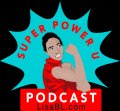


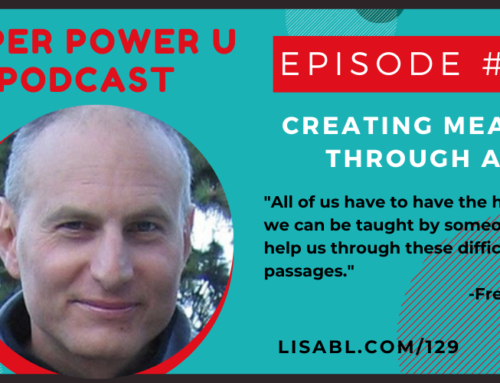
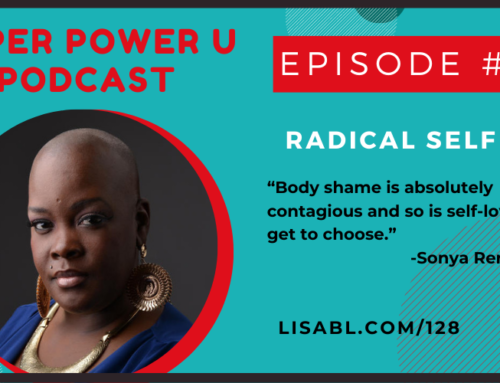
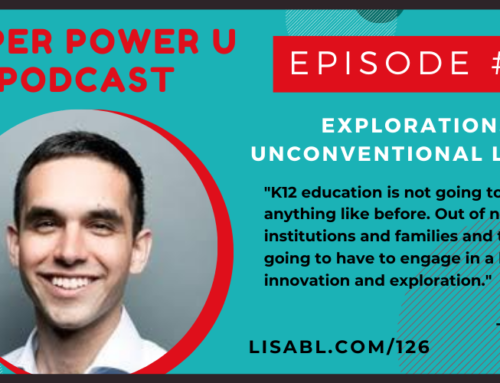
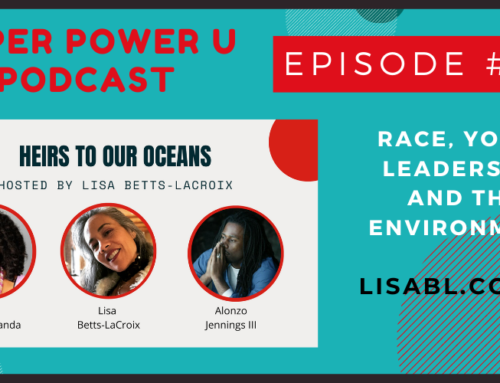
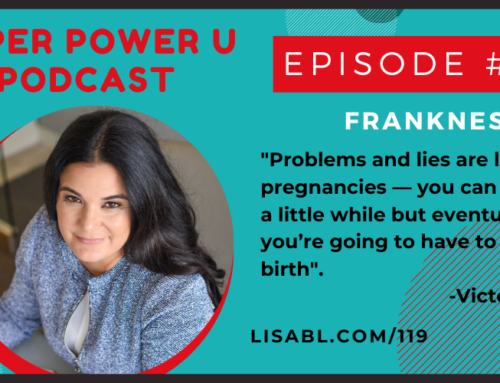
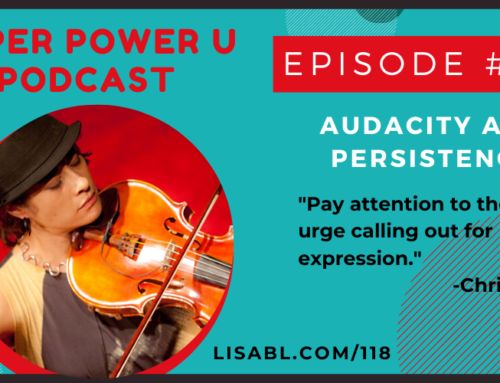
Leave A Comment